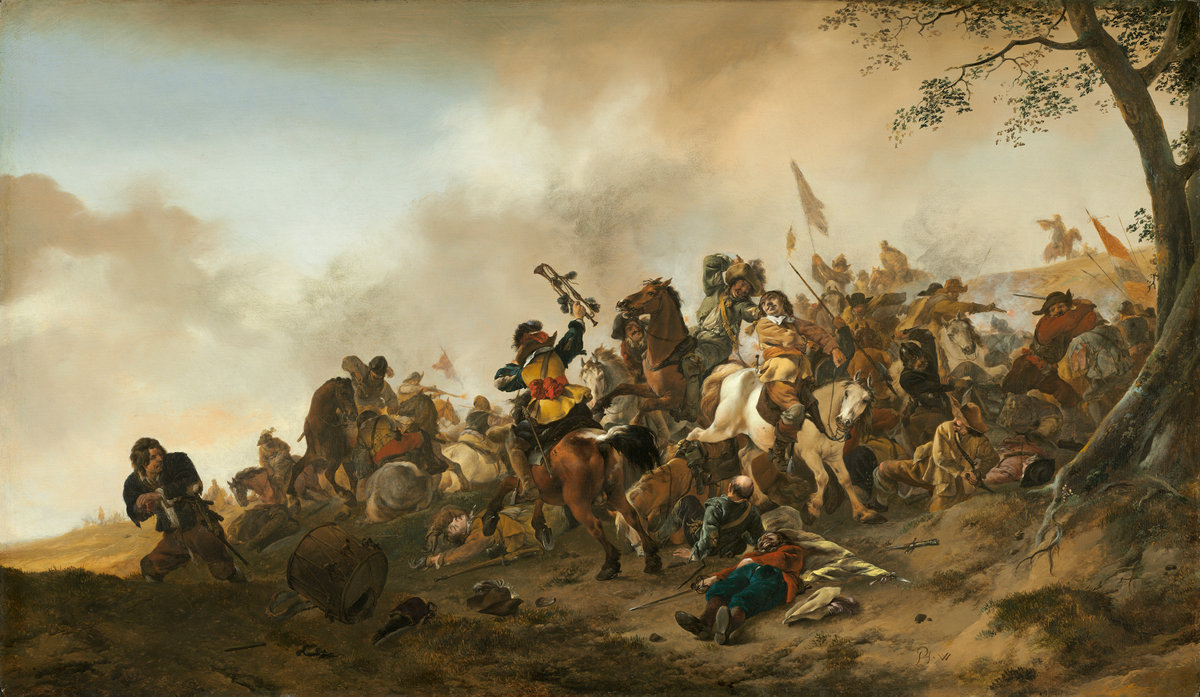By Sarah Bakhtiari
Taiwan is breaking new ground in Asia. Asian democracies have elected 11 female presidents or prime ministers from 1945-2011, all of which had links to a former male politician or democracy movement leader. Taiwan is poised to elect its first woman president without any such ties. Read more about why their January 2016 elections are the most important in twenty years.
South Korean President Park Geun-Hye urged North Korea to embrace cooperation and openness at her September address to the United Nations General Assembly, espousing hopes for a someday-unified Korea. But what are North Korea’s options regarding unification? Andrew Kydd outlines why waiting for North Korea to collapse is a bad idea, and how the United States could reverse China’s position against unification.
Meanwhile, the Middle East continues to pose unending challenges for the U.S. Barbara Walter and Kenneth Pollack argue, however, that some of those challenges—like the Mid-East’s civil wars—are not unlike civil wars around the world in the last hundred years. Next steps for the U.S.? Leverage the corpus of scholarship on the causes of civil wars, their proliferation, and their resolution.
Russia’s angle in Syria? It’s simple; Russia’s filling the great-power void left by the U.S. Who else is trying to fill power vacuums in the region, and do they know what they’re doing?
Bridging the academic-policy gap is a hot topic (see posts here, here, and here, with summary here, for example). Oliver Kaplan is doing his part to reach out to the practitioners—here’s his interview (in English and Spanish) with a local Columbian peacebuilder on the FARC peace negotiations, and Kaplan’s take on the real prospects for peace.
U.S security assistance is often opaque to outsiders—the Center for International Policy’s Security Assistance Monitor, however, documents all of this information for public consumption. In conjunction with the Latin America Working Group Education Fund’s new advocacy guide on migrant rights and human rights, civil society advocates are better able to navigate the complex landscape of government accountability and oversight.
Here’s how the Pentagon got its way on the Iran deal. But some claim that the Iranian nuclear agreement will open up a lot of business for U.S. arms manufacturers. Let’s see…
U.S. forces are still on the hunt for Joseph Kony, leader of ill-repute for the Lord’s Resistance Army. How goes the fight five years on, and with whom has the U.S. allied?
Please note: the link to the Andrew Kydd article has been corrected.






1 comment
The Andrew Kydd link does not work — at least, it does not go to anything by Andrew Kydd.